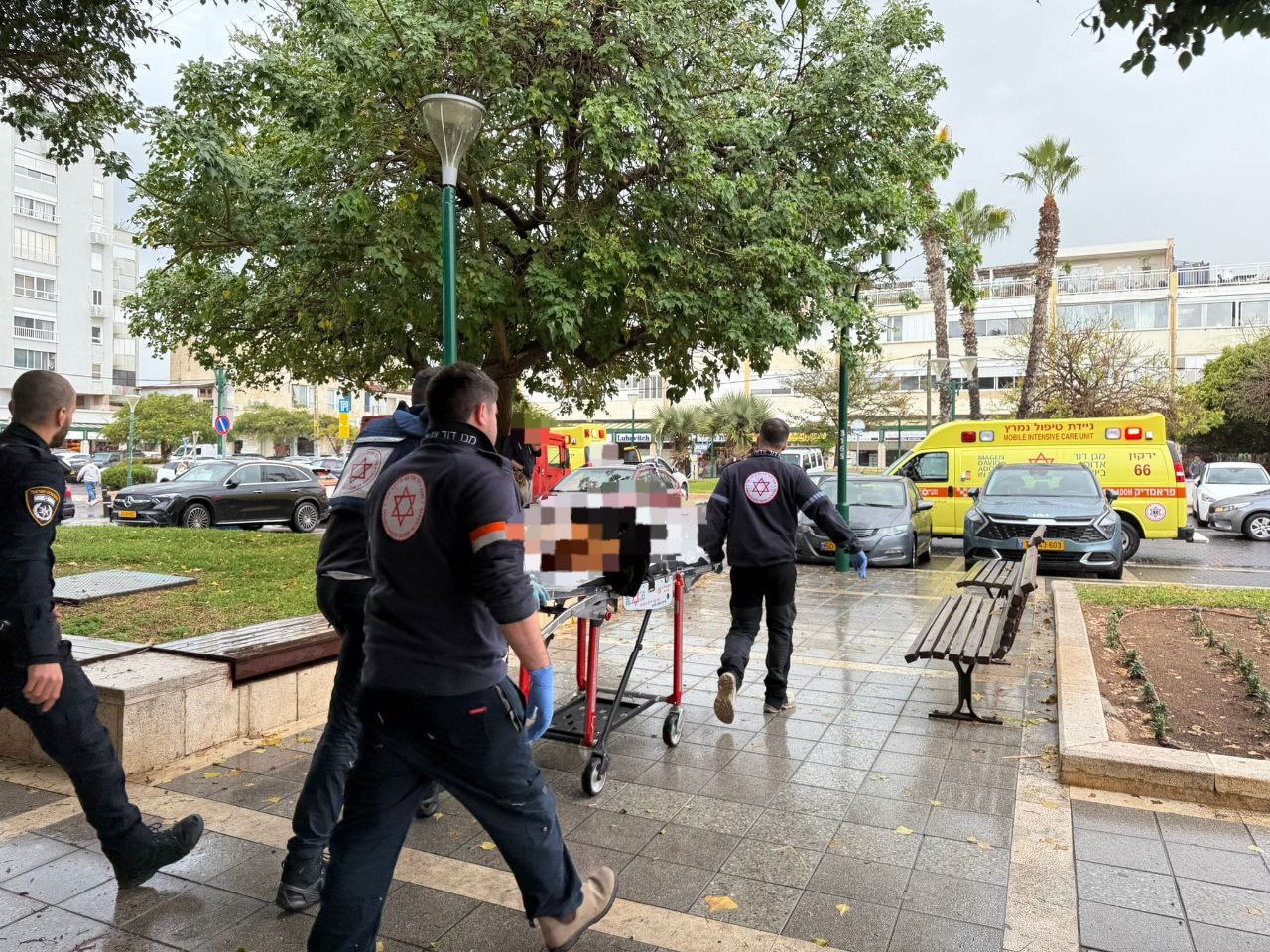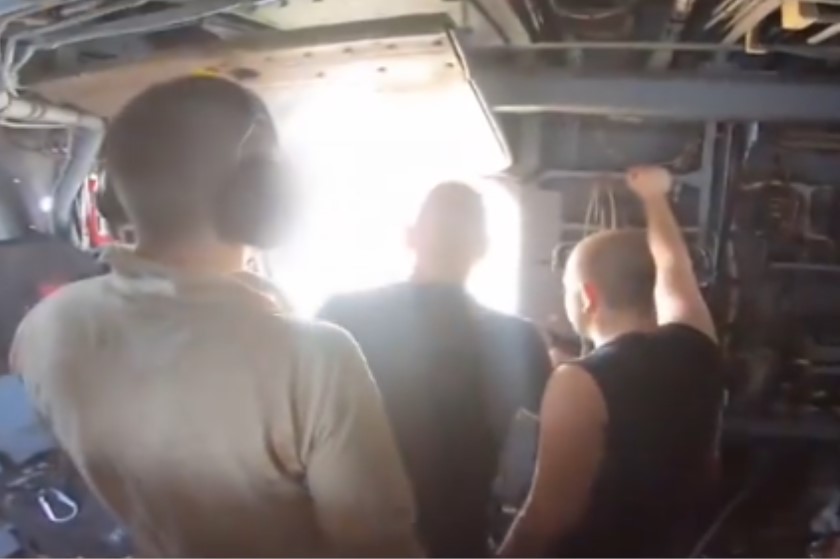ARTICLE AD BOX
In the Western Galilee district to which his battalion belongs, Hamed trained and supported teams in 20 municipalities over the past year.
By Sveta Listratov, TPS
Israeli-Arab volunteers are working with the army’s Home Front Command to improve emergency preparedness in the Galilee in a new sign of coexistence with the Israel Defense Forces.
“In moments of crisis, every second counts. By equipping local communities with the tools and knowledge to act immediately, we’re not just saving lives—we’re building confidence and resilience within the communities themselves,” Commander Wasim Hamed of the 974th Rescue Battalion told The Press Service of Israel.
The Basic Self-Help Teams are comprised of local volunteers to offer immediate and independent response to crises such as missile attacks or earthquakes, until better-equipped national rescue services arrive.
This model has been nurtured nationally through collaboration with the Israeli Home Front Command.
“At the start of the war, the level of preparedness in many municipalities, especially the Arab ones, was average, sometimes even below. But the transformation has been remarkable. Today, under the guidance of the Home Front Command, most municipalities are ready for almost any scenario,” Hamed said.
In the Western Galilee district to which his battalion belongs, Hamed trained and supported teams in 20 municipalities over the past year.
Fifteen of the communities in Hamad’s district are Arab, two are Druze and some are mixed. Several of the Arab communities are Christian or a mix of Muslims and Christians. And that means adjusting the training to the local populace.
“In Arab communities, we’ve adapted our training to their cultural and linguistic needs,” Hamed, a Druze from Galilee and native Arabic speaker, noted.
“This flexibility has built trust and allowed us to create a true partnership that strengthens local resilience. Their commitment to their communities is extraordinary and I was truly inspired by them.”
Mohammed Awad, Security Officer for Tamra, a Central Galilee municipality of 30,000 civilians, shared with TPS-IL his community’s rapid progress in readiness.
“We jumped from zero to a hundred in terms of emergency preparedness,” said Awad. “Before, there was little awareness or involvement in these efforts. But now, with the support of the Home Front Command, we’ve trained and retained multiple groups of volunteers who are ready for any crisis.”
Awad’s team began with 40 volunteers at the end of 2023 and quickly grew to over 85 in the past year, with teams notably including women.
“The diversity in these teams has become their strength,” Awad stressed. “Women especially have taken leadership roles, showing that this is about community solidarity, not just crisis response.”
Tamra has sustained at least three direct Hezbollah rocket strikes over the past few months, resulting in several injuries among civilians, some of them serious. The strikes galvanized locals to volunteer.
For Tamra resident Kheer Abo Elhija, volunteering is deeply personal.
“As a nurse for 20 years, I realize that many people lack the awareness and tools to act during emergencies. When the state of emergency started, I felt it was my responsibility to help, so I gathered a group of friends, and together we approached the municipality to see what we could do,” he told TPS-IL.
“And in no time, our training was organized. That’s how our Self-Help team started.”
“At first, it felt strange having the military so involved in our community,” Abo Elhija admitted. “But over time, their guidance, advice, and support have been invaluable. They’ve helped us improve, plan, and build a better system for maintaining and expanding our volunteer network.”
When one severe missile barrage caused heavy damage in the nearby municipality of Shfaram in November, volunteers from Tamra came to assist.
To train the volunteers, sites were needed where complex rescue operations could be simulated. A suitable site was found in the nearby town of Kabul.
For weeks, volunteer groups from different municipalities trained for long hours, often after sundown and with loud equipment. Despite the inconvenience, residents living near the training site brought coffee for the trainees to make them feel welcome.
“When volunteers come to train, we make sure to welcome them fully,” Zead Bokai, the Kabul municipality’s Security Officer told TPS-IL.
“It’s not just about drills — we’ve created an environment where people feel valued, whether it’s offering a cup of coffee or ensuring the facilities, such as equipment for area lighting, are ready for them.”
“We’re close to sensitive areas, and during the war, we saw damage from missile fragments,” Bokai added. “Yet, our town used this experience to learn and improve. Preparation and teamwork are how we’ve managed to stay strong.”
Nader Taha, head of the Kabul municipality, praised the Home Front Command.
“The mutual respect and understanding that developed were extraordinary,” Taha told TPS-IL.
“We’re all in the same boat, and if we can help others as well, we’re happy to do so. We have an incredible group of volunteers who participated in every event. They were an integral part of our preparations, perhaps even the most important part. Truly, without volunteers, you realize in times like these how impossible it would be to manage.”
Hamed expressed a similar thought. “These teams are no longer just for emergencies. They’re a testament to the resilience and strength of communities when given the tools to succeed. If you had asked me before 2020 how the army would be received in Arab municipalities, I wouldn’t have believed it. But today, these communities embrace us, knowing we’re here to help them prepare for emergencies and protect lives.”

 1 week ago
33
1 week ago
33









 English (US) ·
English (US) ·